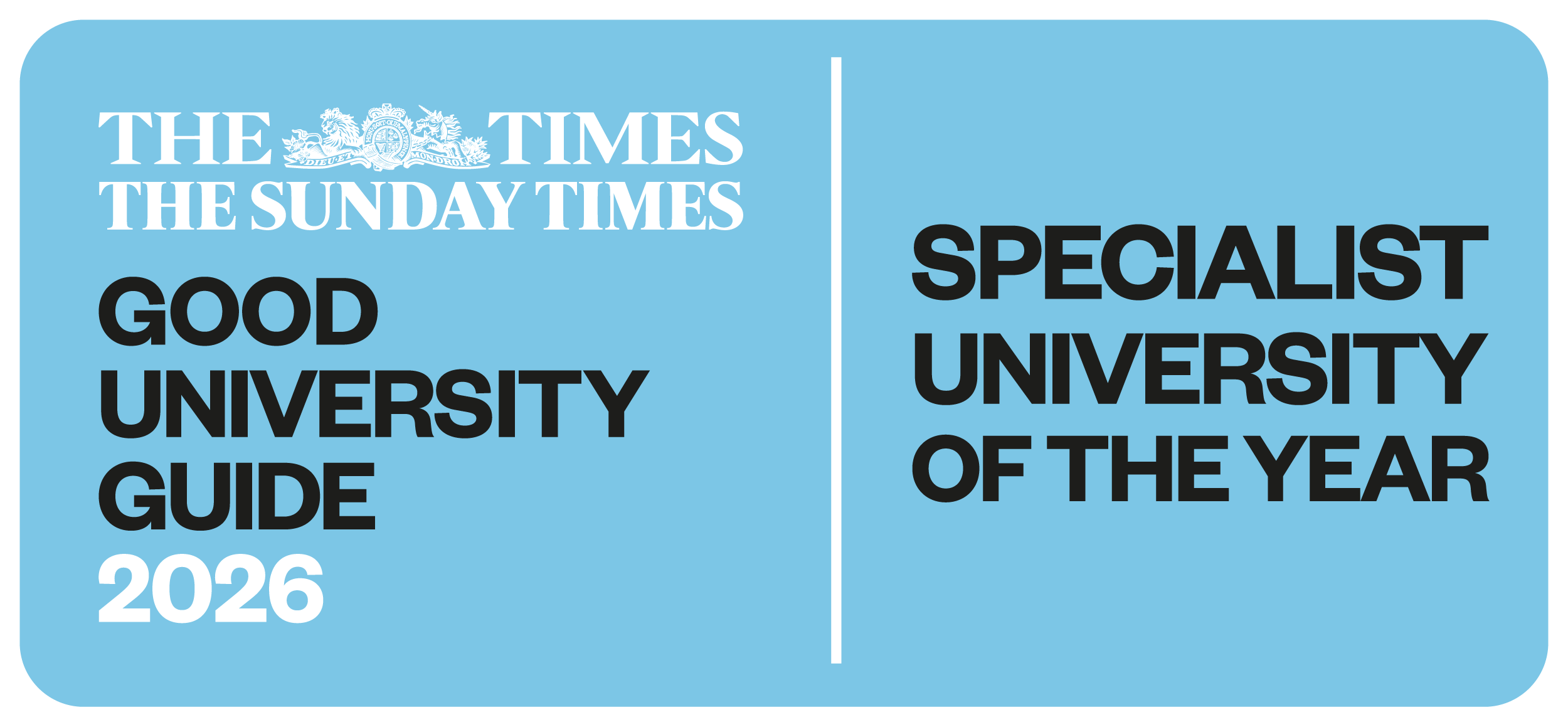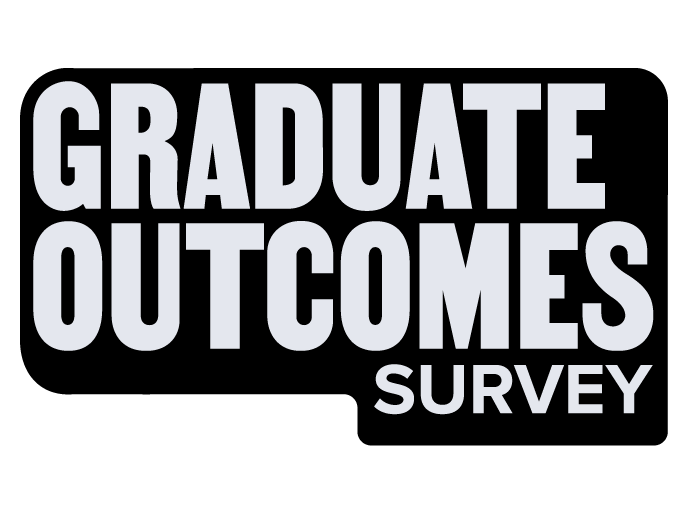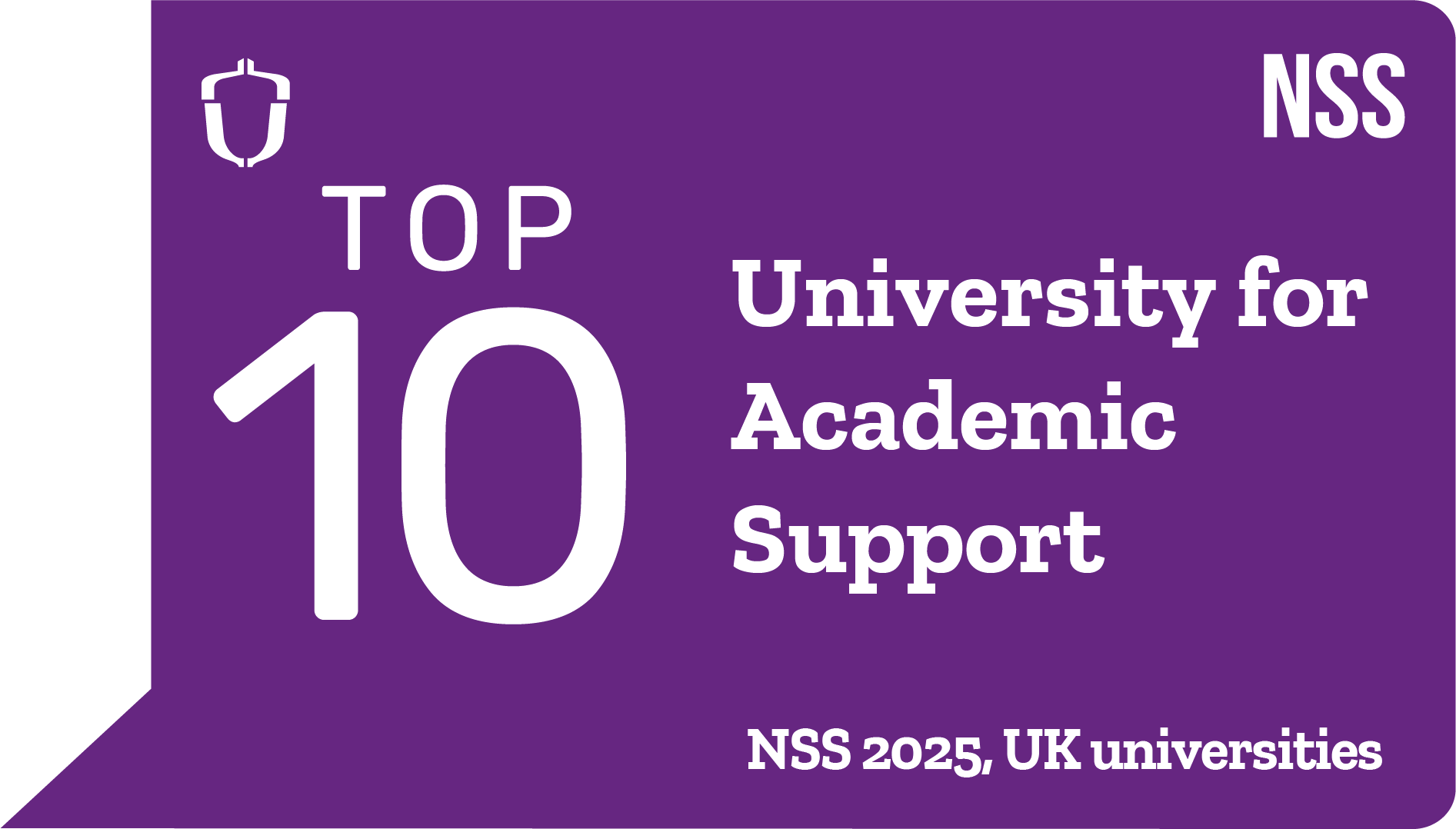Your career
Benefit from a diverse range of industry opportunities that will support you to develop the skills, experience, and connections for your graduate career.
You’ll benefit from access to diverse facilities, including professional-standard laboratories, a 70-species animal collection with domestic and non-domestic species, 380-hectares of commercial farmland across five sites, and a large equine centre.
Expand your knowledge and understanding on a range of animal health topics supporting individual interests and career aspirations. Irrespective of subjects chosen, graduates have developed skills in critical enquiry and evaluation of current process and practices in Bioveterinary Science.
You'll acquire current subject knowledge that can be applied to solve challenges within industry, and be exposed to a range of veterinary diagnostic practices and be confident to assist with animal health assessments.
Academic requirements
Non-academic options
International students
Please read the entry requirements for your country and contact our admissions team if you have any questions.
Please contact us for further information.
Benefit from a diverse range of industry opportunities that will support you to develop the skills, experience, and connections for your graduate career.
You'll benefit from a strong support network from day one to be the best you can be. This will range from your personal tutor and specialist academic support team (our Achievement and Success Centre) to dedicated wellbeing and employability (Employability, Skills and Careers) centres.
You’ll have your own personal tutor while you’re here who will support you to succeed in your studies. You’ll also have access to our academic and wellbeing support teams who run regular workshops and one-to-one sessions on campus and online.
Alongside this, we have a comprehensive bank of online study skills resources to help you make the most of your qualification.
You'll experience a range of teaching methods to strengthen your digestion of topics, including lectures, workshops and practical sessions, as well as supported work placement learning as part of many courses.
Each year of your course will be made up of two semesters, within which you’ll study compulsory and optional modules on different industry-focused topics, enabling you to develop your own unique portfolio of knowledge, skills and experience, ready for your career. The course is taught in English.
You’ll benefit from access to diverse facilities, including professional-standard laboratories, a 70-species animal collection with domestic and non-domestic species, 380-hectares of commercial farmland across five sites, and a large equine centre.
Expand your knowledge and understanding on a range of animal health topics supporting individual interests and career aspirations. Irrespective of subjects chosen, graduates have developed skills in critical enquiry and evaluation of current process and practices in Bioveterinary Science.
You'll acquire current subject knowledge that can be applied to solve challenges within industry, and be exposed to a range of veterinary diagnostic practices and be confident to assist with animal health assessments.
Academic requirements
Non-academic options
International students
Please read the entry requirements for your country and contact our admissions team if you have any questions.
Please contact us for further information.
Benefit from a diverse range of industry opportunities that will support you to develop the skills, experience, and connections for your graduate career.
You'll benefit from a strong support network from day one to be the best you can be. This will range from your personal tutor and specialist academic support team (our Achievement and Success Centre) to dedicated wellbeing and employability (Employability, Skills and Careers) centres.
You’ll have your own personal tutor while you’re here who will support you to succeed in your studies. You’ll also have access to our academic and wellbeing support teams who run regular workshops and one-to-one sessions on campus and online.
Alongside this, we have a comprehensive bank of online study skills resources to help you make the most of your qualification.
You'll experience a range of teaching methods to strengthen your digestion of topics, including lectures, workshops and practical sessions, as well as supported work placement learning as part of many courses.
Each year of your course will be made up of two semesters, within which you’ll study compulsory and optional modules on different industry-focused topics, enabling you to develop your own unique portfolio of knowledge, skills and experience, ready for your career. The course is taught in English.
This course builds on the knowledge you have gained in previous studies to reach the level of a BSc(Hons) degree.
You will study both compulsory and optional module which you’ll be able to choose from to suit your interests and career goals. Optional modules change each year in line with student, industry and research demands. You can attend introductory sessions for optional modules before deciding which ones to study.
On successful completion of your modules, you’ll gain academic credit that accumulates towards your award. The marks you gain over the course of your programme will contribute towards your final degree classification
Your final year allows you to focus on subject areas linked to your career interests and develop a skill set that supports your aspirations. You’ll complete a substantial research project as part of your dissertation module, which will give you experience of planning, implementing, and reporting on a specialist topic. In addition, you’ll be exposed to contemporary challenges in the subject area and more advanced theory and practice, including gaining an insight into current research in the field of bioveterinary science.
Investigative skills for the Successful Undergraduate
Prepare for undertaking a research project.
Applied research project
Independent research and analysis in an animal-related field with one-to-one support from an academic. Utilise our on-site animal facilities or work with an industry partner to ensure your project is addressing a real-world issue. You’ll have an investigative skills module, which will help you to develop the research skills you need to succeed.
You could present your research at a national or international conference, or get your work published in peer-reviewed academic press.
Immunology and Animal Disease
Address the immunological basis of disease, disease transmission and how animal disease can impact on public health.
Pharmacology
Pharmacology covers the pharmacokinetics and pharmacodynamics of common drug classes used in veterinary species. The module also examines topics such as resistance and residues, as well as controlled drug prescription, storage and disposal requirements.
Epidemiology
You will study how diseases are transmitted and spread through populations and understand how the dynamics of this spread can be studied and monitored. You will use this knowledge to analyse appropriate methods to help avoid, track and control disease epidemics.
Optional Modules
Advanced Animal Microbiology
This module analyses a range of biotechnologies and diagnostics used in the study of animal microbiology, providing students with an in-depth understanding of the underlying principles behind these advanced techniques. Students will evaluate current developments in microbial molecular genetics and how this research is applied to advance treatment and control strategies in veterinary science.
Current issues in Livestock Science
The module will investigate a broad range of topics that will allow the student to gain further knowledge and understanding of the key developments in sustainable livestock production and management and be able to critically analyse and evaluate development impact on all stake holders in the industry (producers, consumers and animals).
This course builds on the knowledge you have gained in previous studies to reach the level of a BSc(Hons) degree.
You will study both compulsory and optional module which you’ll be able to choose from to suit your interests and career goals. Optional modules change each year in line with student, industry and research demands. You can attend introductory sessions for optional modules before deciding which ones to study.
On successful completion of your modules, you’ll gain academic credit that accumulates towards your award. The marks you gain over the course of your programme will contribute towards your final degree classification
Your final year allows you to focus on subject areas linked to your career interests and develop a skill set that supports your aspirations. You’ll complete a substantial research project as part of your dissertation module, which will give you experience of planning, implementing, and reporting on a specialist topic. In addition, you’ll be exposed to contemporary challenges in the subject area and more advanced theory and practice, including gaining an insight into current research in the field of bioveterinary science.
Investigative skills for the Successful Undergraduate
Prepare for undertaking a research project.
Applied research project
Independent research and analysis in an animal-related field with one-to-one support from an academic. Utilise our on-site animal facilities or work with an industry partner to ensure your project is addressing a real-world issue. You’ll have an investigative skills module, which will help you to develop the research skills you need to succeed.
You could present your research at a national or international conference, or get your work published in peer-reviewed academic press.
Immunology and Animal Disease
Address the immunological basis of disease, disease transmission and how animal disease can impact on public health.
Pharmacology
Pharmacology covers the pharmacokinetics and pharmacodynamics of common drug classes used in veterinary species. The module also examines topics such as resistance and residues, as well as controlled drug prescription, storage and disposal requirements.
Epidemiology
You will study how diseases are transmitted and spread through populations and understand how the dynamics of this spread can be studied and monitored. You will use this knowledge to analyse appropriate methods to help avoid, track and control disease epidemics.
Optional Modules
Advanced Animal Microbiology
This module analyses a range of biotechnologies and diagnostics used in the study of animal microbiology, providing students with an in-depth understanding of the underlying principles behind these advanced techniques. Students will evaluate current developments in microbial molecular genetics and how this research is applied to advance treatment and control strategies in veterinary science.
Current issues in Livestock Science
The module will investigate a broad range of topics that will allow the student to gain further knowledge and understanding of the key developments in sustainable livestock production and management and be able to critically analyse and evaluate development impact on all stake holders in the industry (producers, consumers and animals).
The modules contain a mixture of scheduled learning – lectures, workshops and practical sessions – alongside independent learning. Students are expected to dedicate at least two to three hours of independent study per contact hour.
| Year | Contact learning | Placement learning | Independent learning |
| Level six | 21% | 0% | 79% |
You will be assessed through a mixture of written exams, practical exams and written assignments. Many of the modules will be marked based on a mixture of assessment types, whilst others will be based solely on one type of assessment. Feedback will be given via a mixture of ways, including during sessions, on assessment submissions and in tutorials.
| Year | Written exam | Practical exam | Coursework |
| Level six | 19% | 25% | 56% |
Each year of this course is taught over two semesters, normally consisting of 12 weeks of scheduled teaching and then assessment weeks, with an overview below:
For further details about this course, including the programme specification and module descriptions, please visit our document library.
Settle into an accommodation option to suit your taste and budget – at Hartpury University, undergraduate students can choose to live on-campus surrounded by Gloucestershire’s beautiful countryside or off-campus in the heart of Gloucester City centre. Enjoy the best of both worlds.

We can help you understand how it all works, and what you need to do next. Find out everything you need to know about tuition fees, student loans and bursaries and scholarships. In 2021/22, we provided assistance to over 1/3 of our students through bursaries, scholarships and grants, totalling a little under £1million.

When you become a student at Hartpury, you become part of our community. As a small university, we provide personalised support based on your individual requirements and aspirations. Our teams cover wellbeing, achievement and success, learning support, careers, and more. From wellbeing, safety and employability, to finance, accommodation and IT, our staff will answer your questions or get you set up with someone who can.


Hartpury University has been named Specialist University of the Year 2026 – a major national recognition of its exceptional teaching, facilities, and student experience (The Times and The Sunday Times Good University Guide, 2026).

Our undergraduate provision has been awarded Teaching Excellence Framework (TEF) Gold in all aspects - Overall, Student Experience, and Student Outcomes.

95% of graduates are in employment, further study or other purposeful activity (Graduate Outcomes 2025).

We’re a top 10 university for academic support (NSS 2025, UK universities).

Every effort has been made to ensure the accuracy of our published course information, however our programmes are reviewed and developed regularly. Changes or cancellation of courses may be necessary to ensure alignment with emerging employment areas, to comply with accrediting body requirements, revisions to subject benchmark statements or as a result of student feedback. We reserve the right to make necessary changes and will notify all offer-holders of changes as and when they occur.